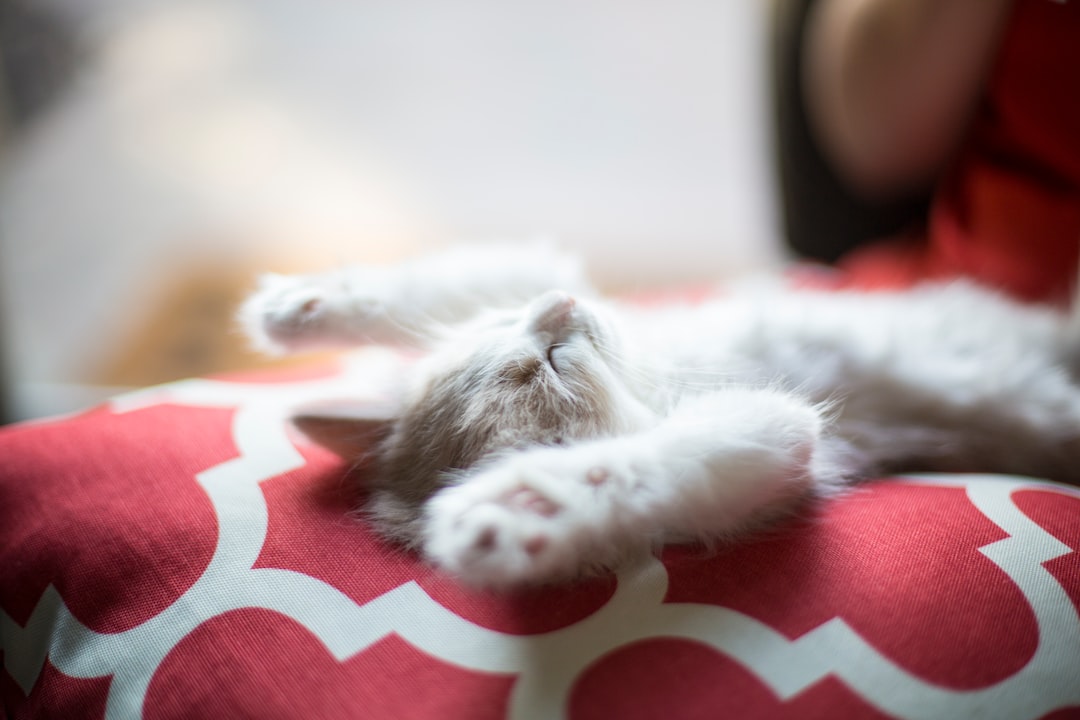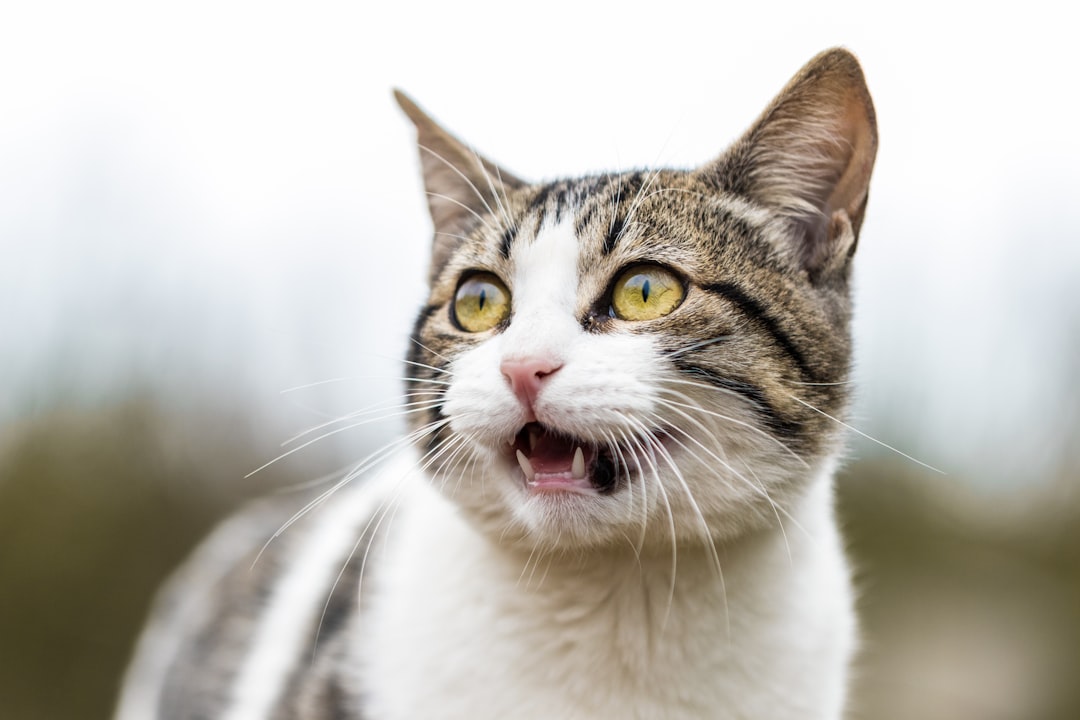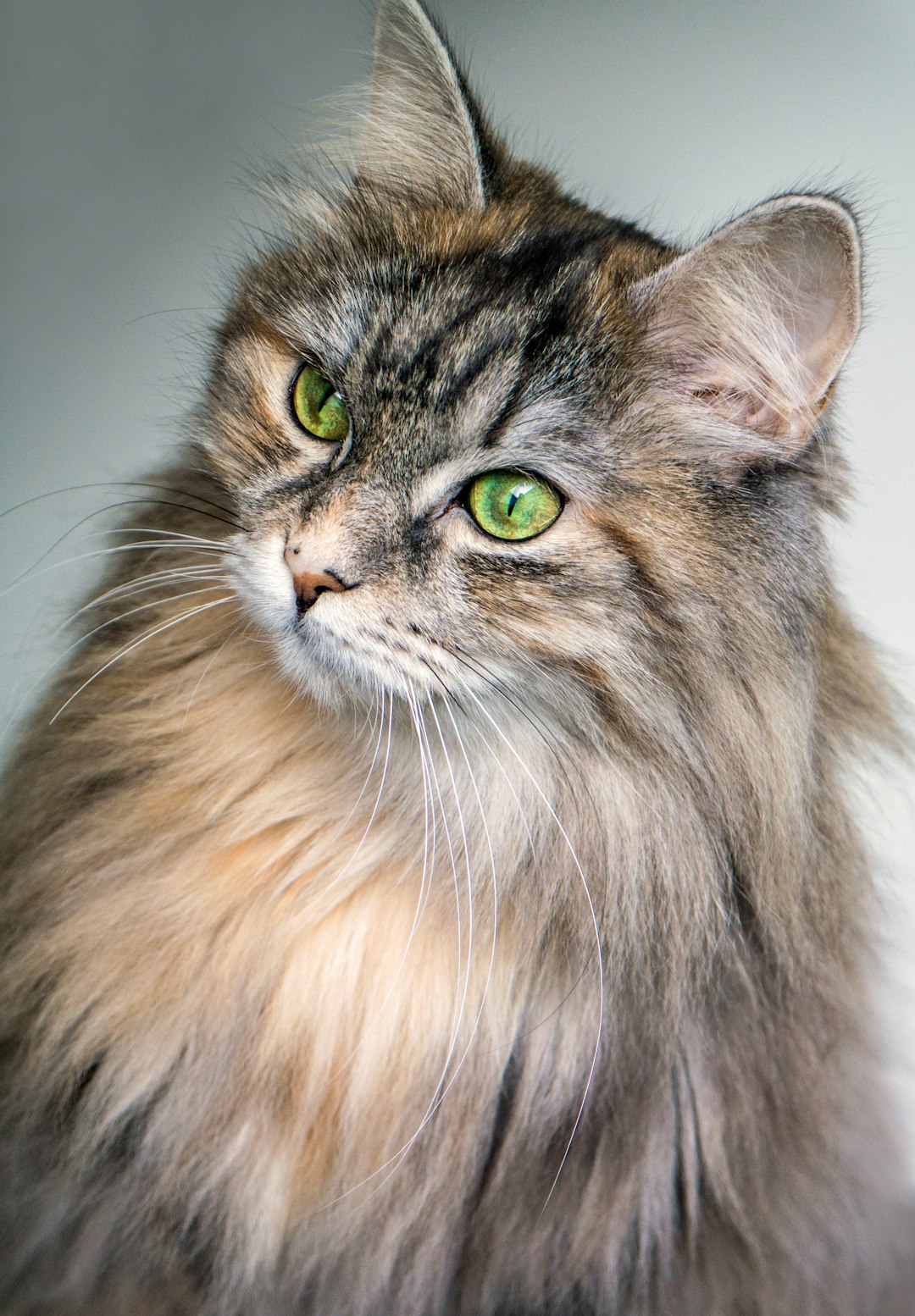Many cat owners often wonder about the safety of cat milk for their adult feline companions. Unlike cow’s milk, which can cause digestive issues due to lactose, cat milk is specially formulated to be more suitable for cats. It provides a tasty treat while being mindful of their dietary needs. However, it’s essential to understand the nutritional content, possible risks, and alternative options available. Always consider your cat’s individual health and consult your veterinarian to determine if cat milk is a good choice for them.
Understanding Cat Milk: What is It?
Cat milk is a specially formulated dairy product designed for feline consumption. Unlike regular cow’s milk, cat milk caters specifically to the unique nutritional needs of cats, making it a popular treat among pet owners. Here’s what you should know:
- Lactose-Free Option: Many cat milk products are lactose-free, allowing them to be suitable for adult cats that may be lactose intolerant.
- Nutritional Benefits: Cat milk often contains added vitamins and minerals, providing additional health benefits, such as promoting hydration and potentially enhancing coat health.
- Flavor and Palatability: Cats tend to love the rich and creamy texture of cat milk, making it an appealing alternative to water for some felines.
In summary, cat milk is a tailored dairy treat that offers advantages over traditional cow’s milk. It is crucial, however, to choose high-quality brands to ensure safety and nutritional value. Always monitor your cat’s reaction to cat milk, as individual tolerances may vary.
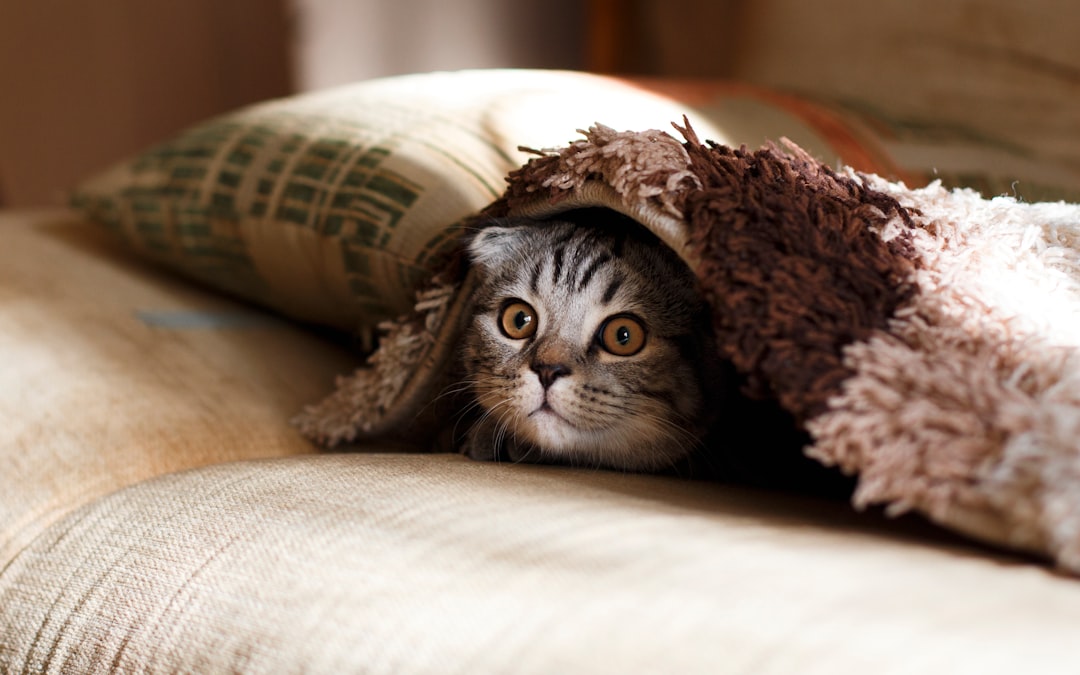
Nutritional Content of Cat Milk
Cat milk offers a unique nutritional profile specifically tailored for felines. Understanding its composition can help you assess its benefits for your adult cat. Here are some key nutrients found in cat milk:
- Protein: Essential for muscle repair and growth, cat milk typically has higher protein levels compared to regular cow’s milk.
- Fat: Contains healthy fats that provide energy and promote a shiny coat.
- Vitamins and Minerals: Rich in calcium, phosphorus, and vitamins, cat milk supports bone health and enhances the immune system.
Comparison of Nutritional Content
| Nutrient | Cat Milk (per 100ml) | Cow’s Milk (per 100ml) |
|---|---|---|
| Protein | 4.5g | 3.4g |
| Fat | 3.6g | 3.7g |
| Calcium | 120mg | 113mg |
| Phosphorus | 90mg | 90mg |
While cat milk serves as a delightful treat, ensure your adult cat’s overall diet meets their specific nutritional needs. Regular monitoring and a balanced routine are key to keeping your feline happy and healthy while enjoying cat milk as an occasional indulgence.
Differences Between Cat Milk and Cow’s Milk
When considering cat milk for your feline friend, understanding how it compares to cow’s milk is crucial. Here are the key differences:
| Feature | Cat Milk | Cow’s Milk |
|---|---|---|
| Lactose Content | Low in lactose (generally less than 0.1%) | High in lactose (about 4.7%) |
| Protein Source | Specifically formulated for cats | Contains proteins not ideal for cats |
| Digestibility | Easily digestible for most cats | Often leads to digestive issues in adult cats |
| Nutritional Benefits | Enriched with vitamins and taurine | Lacks essential nutrients for cats |
While cat milk is designed to be a safe treat, cow’s milk can lead to gastrointestinal upset in adult cats due to its high lactose content. Many adult cats become lactose intolerant, making cat milk a better choice.
Therefore, when looking to treat your cat, prioritize cat milk to support their health and well-being. Always monitor your pet and consult your veterinarian to determine the best option for their diet.
Potential Risks of Feeding Cat Milk to Adults
Feeding cat milk to adult felines may seem like a harmless treat, but it can pose several risks. Here’s what to keep in mind:
Lactose Intolerance: Many adult cats are lactose intolerant. This means their bodies struggle to digest lactose found in regular cat milk, leading to digestive upset.
Gastrointestinal Issues: Symptoms of lactose intolerance may include:
- Diarrhea
- Vomiting
- Gas
- Bloating
Nutritional Imbalance: Relying heavily on cat milk instead of a balanced diet can lead to nutritional deficiencies. Cats require a varied intake of protein, fats, and vitamins, which cat milk alone cannot provide.
Weight Gain: Some cat milks are higher in calories and sugars than regular cat food. Frequent feeding can contribute to obesity and associated health problems.
Allergic Reactions: In rare cases, cats may develop allergies to dairy proteins, causing severe discomfort or health issues.
Ultimately, while cat milk can be offered as an occasional treat, it’s essential to observe your cat’s reaction and consult your veterinarian for personalized advice. Prioritize their health and well-being above all!
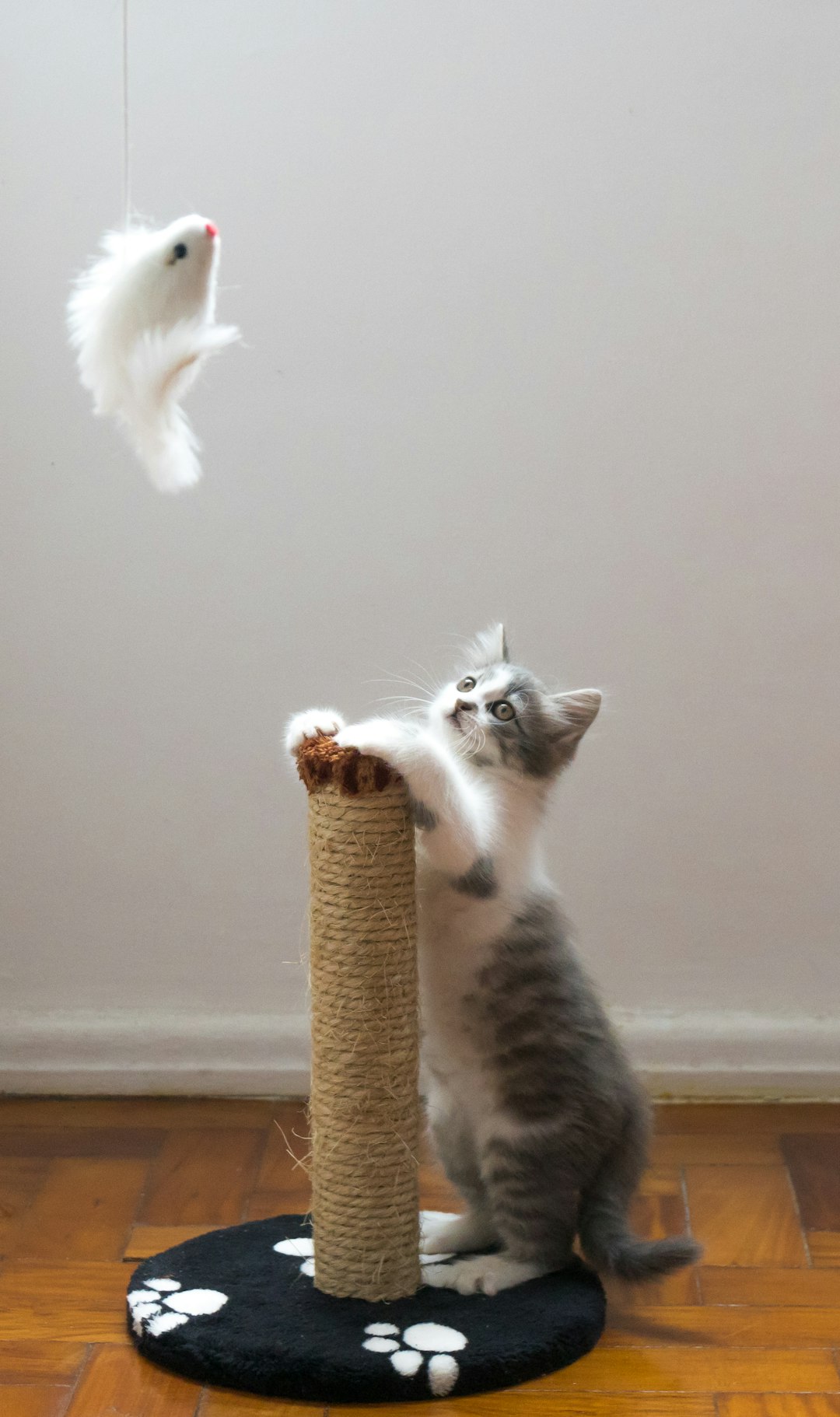
Signs of Lactose Intolerance in Cats
Cats, like many mammals, may face lactose intolerance as they age. While cat milk is often marketed as a safe alternative to cow’s milk, not every feline will digest it well. Here are some signs to watch for if you suspect your cat might be lactose intolerant:
- Diarrhea: If your cat experiences loose stools after consuming cat milk, it indicates poor digestion.
- Vomiting: Frequent vomiting can be a clear sign that your cat’s digestive system cannot handle dairy products.
- Stomach Distress: Look for signs of discomfort, such as excessive grooming, pacing, or hiding.
- Gas or Bloating: If your cat seems gassy or has a bloated abdomen after drinking cat milk, it may be reacting negatively.
- Reduced Appetite: A decrease in appetite following the intake of cat milk is another red flag.
What To Do:
If you notice any of these symptoms, promptly discontinue cat milk and consult your veterinarian for advice tailored to your feline friend’s needs. Indulging in cat milk should be a treat, not a source of distress for your cat!
Alternatives to Cat Milk for Cats
If you want to provide your cat with a tasty treat but are concerned about the safety of cat milk, there are several alternatives worth considering. Here are some safe options that can keep your cat healthy and satisfied:
Cat-specific milk: Available in pet stores, these products contain reduced lactose and are formulated specifically for felines. They provide the taste of cat milk without the digestive issues.
Bone broth: This nutritious option is rich in vitamins and minerals. Ensure it’s free of added salt and onions, as these can be harmful to cats.
Coconut milk: In moderation, plain coconut milk can be a safe treat for cats. It contains healthy fats but should not replace their regular diet.
Water: Always the best option for hydration. Encourage your cat to drink fresh water daily instead of sugary or fatty treats.
When selecting alternatives, always keep an eye on your cat’s tolerance to avoid digestive upset. Each cat is different, so consult with your veterinarian to determine the best choices beyond cat milk for your furry friend.
Consulting Your Veterinarian About Cat Milk
Before introducing cat milk to your adult feline’s diet, it’s wise to consult your veterinarian. Here’s why:
- Professional Guidance: Vets can assess your cat’s health and dietary needs, ensuring that cat milk is appropriate.
- Lactose Intolerance Evaluation: A vet can help identify any signs of lactose intolerance, which could lead to digestive issues.
- Nutritional Balance: Your veterinarian can recommend suitable alternatives or supplements to maintain a balanced diet without unnecessary additives.
When discussing cat milk, consider asking your vet the following questions:
- Is cat milk beneficial for my cat’s health?
- How much cat milk can I safely offer?
- Are there any specific brands you recommend?
Ultimately, while many cats enjoy cat milk, every feline is unique. A veterinarian’s insight ensures you make informed choices that cater to your cat’s individual requirements.
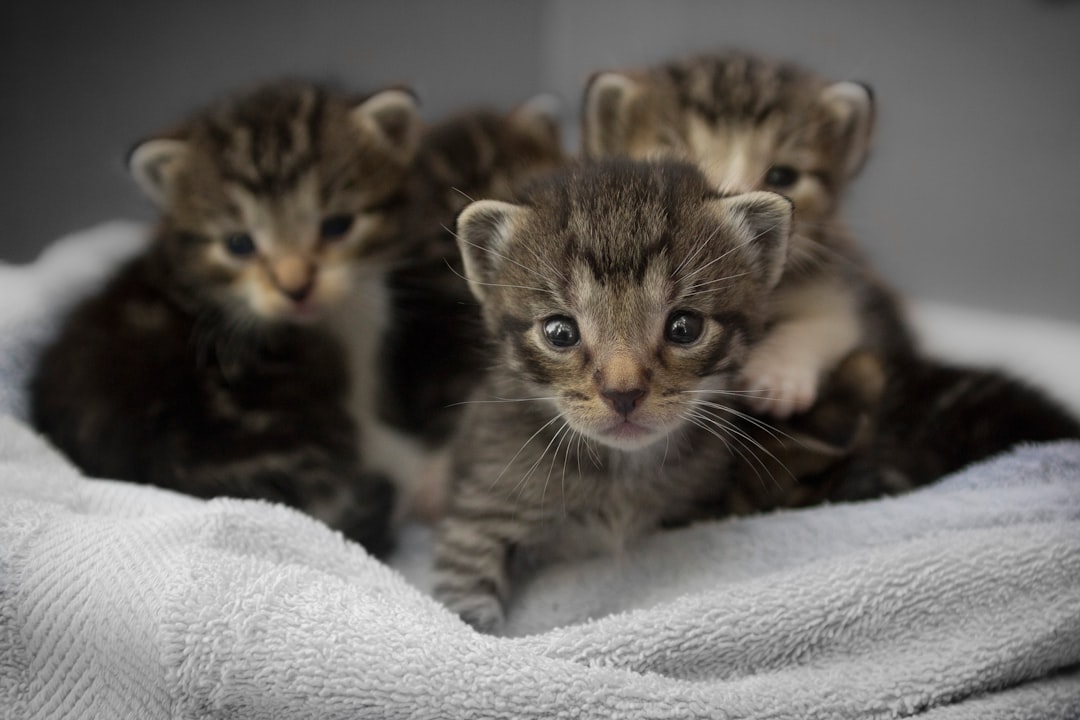
Conclusion: Making the Right Choice for Your Cat
In summary, while cat milk can be a delightful treat for some cats, it’s essential to consider their individual health needs. Here’s a quick recap to help you make the best choice:
- Lactose Tolerance: Many adult cats are lactose intolerant. Before introducing cat milk, observe your cat’s reaction to avoid digestive upset.
- Quality Matters: Opt for specially formulated cat milk rather than regular cow’s milk, as the latter can lead to health issues.
- Moderation is Key: Treat cat milk as an occasional indulgence rather than a dietary staple.
- Consult Your Veterinarian: Always consult your vet if you’re unsure about incorporating cat milk into your cat’s diet.
Ultimately, knowing your cat’s specific needs and consulting with a veterinarian will guide you in making safe and enjoyable dietary choices. Your feline’s health should always be the top priority when considering new foods or treats.
Frequently Asked Questions
Can adult cats drink milk safely?
While many people associate cats with drinking milk, it is not necessarily safe for adult felines. Most adult cats are lactose intolerant, which means they lack the enzyme lactase needed to properly digest lactose, the sugar found in milk. Consuming milk can lead to gastrointestinal upset, including diarrhea and discomfort. It’s advisable to avoid giving regular cow’s milk to adult cats and instead opt for specially formulated cat milk if you want to treat them.
What are the risks of feeding milk to adult cats?
Feeding milk to adult cats can pose several health risks. The primary concern is lactose intolerance, which can cause digestive issues such as bloating, gas, diarrhea, and vomiting. Additionally, if a cat becomes accustomed to drinking milk, they may refuse to drink enough water, leading to dehydration. Furthermore, excessive milk consumption can lead to more severe digestive complications and even obesity due to its calorie content. It’s best to consult your veterinarian for advice on appropriate treats for your cat.
Are there alternatives to regular milk for cats?
Yes, there are several alternatives to regular cow’s milk that are safe for cats. Cat milk is specifically formulated to be lactose-free or low in lactose, making it a suitable treat for many adult felines who might enjoy the taste without the digestive troubles. Additionally, you can offer water, which is essential for hydration, or consider cat-friendly broth or other wet treats that can provide moisture and flavor without adverse effects on their digestive system.
What should I do if my cat accidentally drinks regular milk?
If your cat accidentally consumes regular cow’s milk, it’s essential to monitor them for any signs of digestive distress, such as vomiting, diarrhea, or lethargy. Most cats will not have severe reactions, but some may experience discomfort. Ensure that your cat has access to fresh water to help mitigate the effects of lactose intolerance. If your cat displays any concerning symptoms or if you’re uncertain about their health, it’s always best to contact your veterinarian for further advice and examination.

